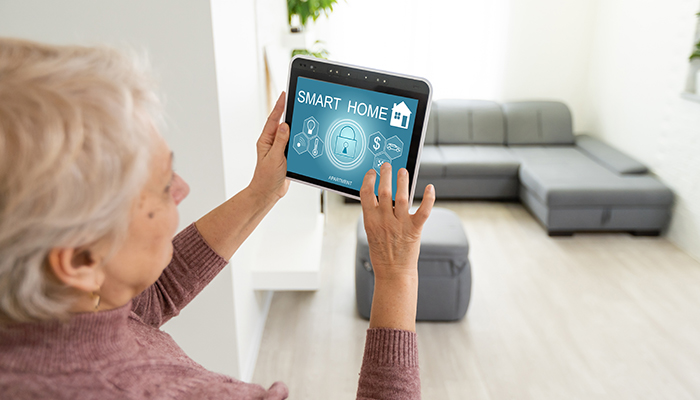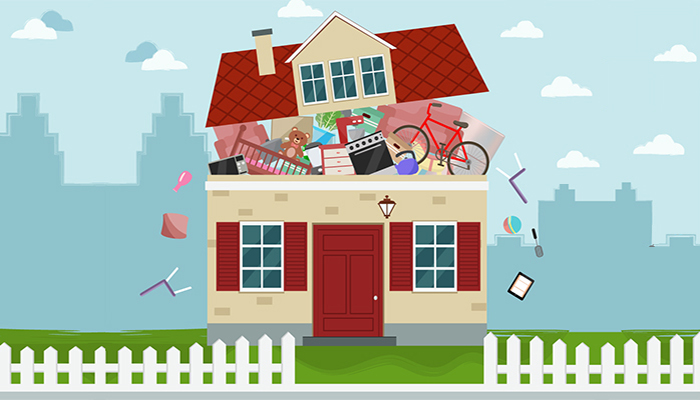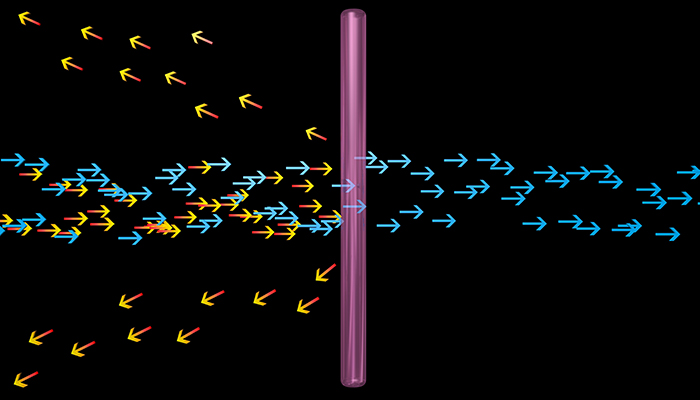
Change is the only constant. And as we enter our later years, it seems the changes are more frequent. Do you sense a transition occurring in your life? Whether the change was of your own making or seems thrust upon you, there are strategies to help you weather the process. And at the least, not feel so alone.









